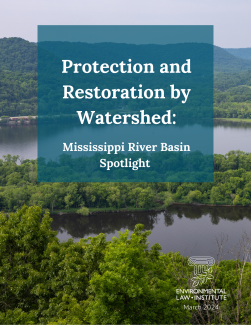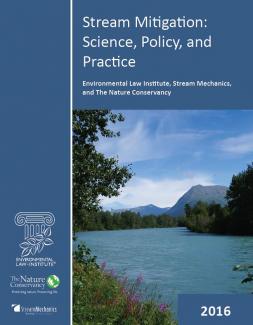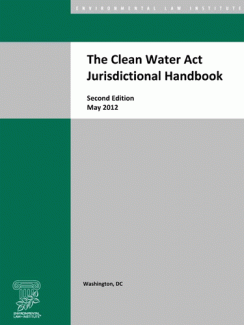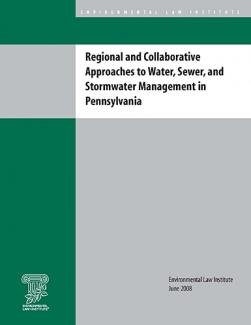Protection and Restoration by Watershed: Mississippi River Basin Spotlight

Water bodies and systems are rarely constrained by political boundaries. The ”Watershed Approach” allows for coordination of problem identification, community engagement, planning activities, and improvement projects at the watershed scale, allowing for expanded learning opportunities, more effective leveraging of funds, efficiencies of scale, and wholistic measurements of progress. This report provides a synthesis of history, applications, and tools that make the case for embracing the watershed approach in addressing water management challenges.



